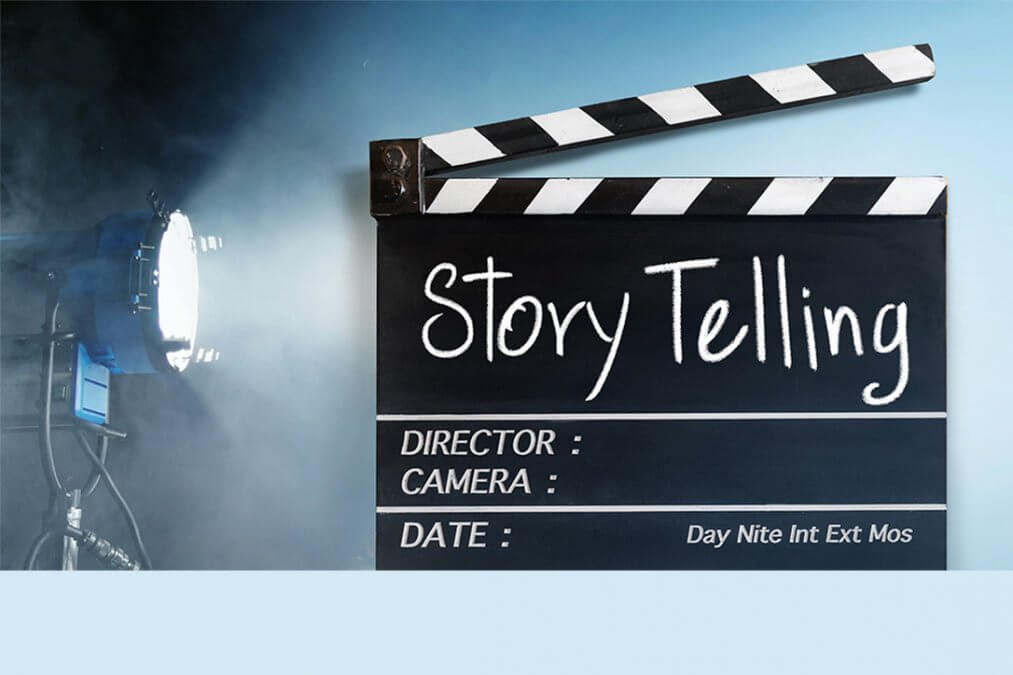
Lagos State Creative Industry Initiative (LACI) To Empower Creative Talents With Free Skills Training
February 25, 2021
Four Reasons Why You Should Study Online
April 30, 20214 Tips On Becoming A Great Storyteller
Stories are incredibly powerful tools, especially when you are a screenwriter. To set an intriguing tone, delightfully give context and take the audience through a journey that will be marked indelibly in their memory takes incredible craftsmanship that only great storytellers are capable of. You too can develop great storytelling skills. Here are a few tips for great storytelling.
Remember that small hooks catch more fish than big ones
Many writers are taught that the more unusual or extreme their opening line, the more likely they are to “hook” the reader. If you begin writing at the most dramatic or tense moment in your story, you have nowhere to go but downhill. Similarly, if your hook is extremely strange or misleading, you might have trouble living up to its odd expectations.
Avoid getting ahead of your reader
One of the easiest pitfalls in starting a story is, to begin with, an opening line that is confusing upon first reading, but that makes perfect sense once the reader learns additional information later in the story. The problem is that few readers if confused, will ever make it that far. That technique is often a highly rewarding tool. But the opening should make sense on both levels—with and without knowledge the reader will acquire later.
Keep talk to a minimum
If you feel compelled to begin a story with dialogue, keep in mind that you’re thrusting your readers directly into a maelstrom in which it’s easy to lose them. One possible way around this is, to begin with, a single line of dialogue and then to draw back and to offer additional context before proceeding with the rest of the conversation—a rare instance in which starting close up and then providing a panorama sometimes works. But long sequences of dialogue at the outset of a story usually prove difficult to follow.
Be mindful of what works
Once you’ve given some concentrated thought to your opening line, obtain copies of anthologies like The Best American Short Stories and The PEN/O. Henry Prize Stories and read only the first sentence of each story. As with any other aspect of writing, openings are their distinct art form—and exposure to the masterwork of others is one of the best ways to learn. (Of course, the challenge of this exercise is to avoid being lured into a story with such a compelling opening that you aren’t able to put it down!)
The way you tell stories will make it more dramatic, exciting or emotive – or make it dull, flat and monotonous. Pay careful attention to this and your art to great storytelling will become better with practise.
With Del-York Creative Academy, you can re-discover your passion for storytelling, and become the excellent storyteller you desire to be. To begin, sign up for the DCA Screenwriting course, today.





